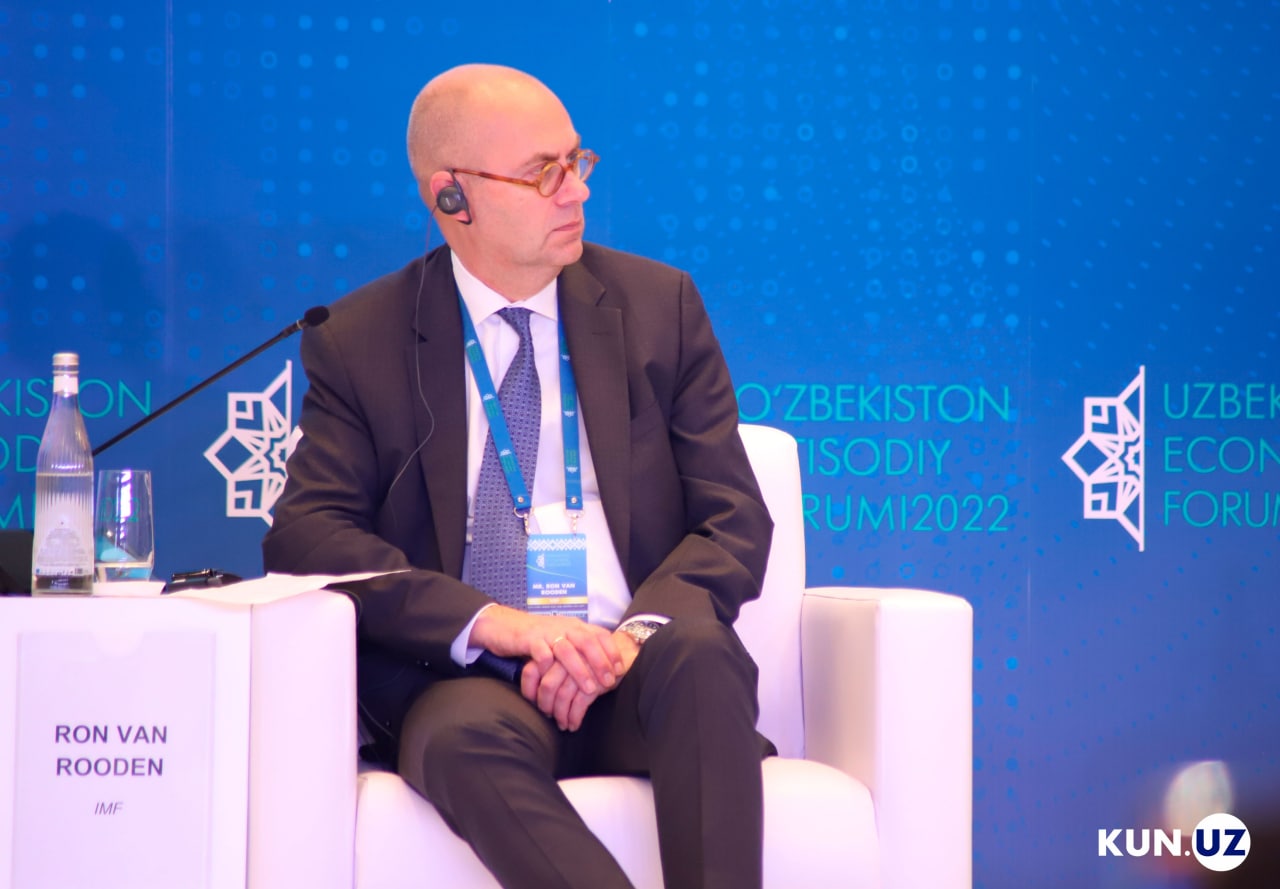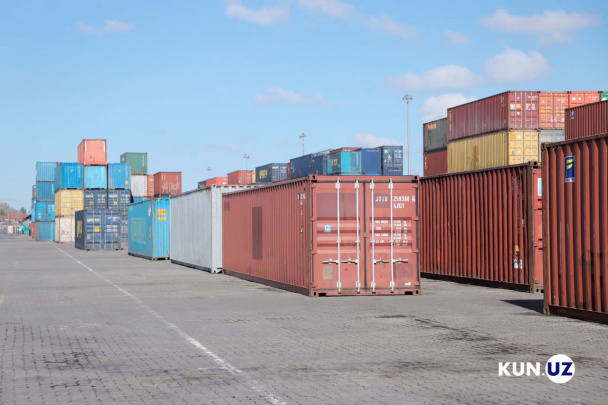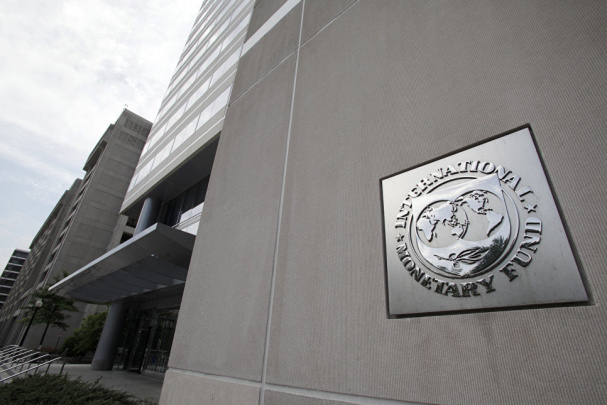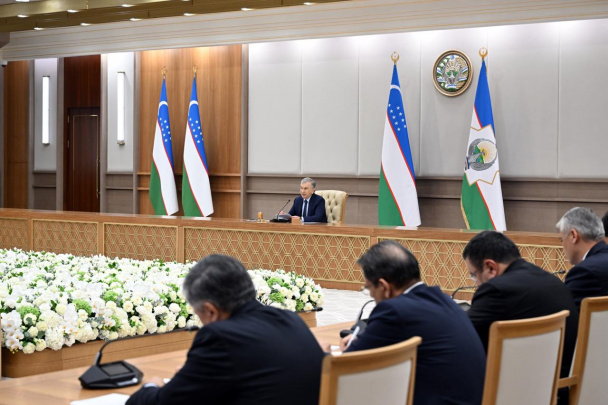“Uzbekistan has stopped exporting cotton but is still exporting labor forces” – Ron van Rooden
“Even though Uzbekistan has stopped exporting cotton, it remains a country that exports labor power. Instead it should become a country that can offer products and jobs. For this, it is necessary to strive for regional integration,” the head of the International Monetary Fund mission said.

Economic forum of Uzbekistan continues in Samarkand. Speaking at the session of the forum on macroeconomic stability, the head of the IMF mission, Ron van Rooden, spoke about the high role of the state in the economy of Uzbekistan, the difficulties in the expansion of private business and the export of labor force.
“Uzbekistan’s population is growing rapidly, which means the labor force is growing. If you cannot create jobs for a growing workforce, it is a challenge for the country’s economy. As a result, the population of the country has to go abroad and sell their labor power. Although Uzbekistan stopped exporting cotton, it remains a labor exporting country. Instead, it should become a country that can offer products and jobs. For this, it is necessary to strive for regional integration,” he said.
The IMF spokesperson said that the private sector should be approached to solve the growing labor force problem. At this point, he pointed out that the environment for medium and small businesses in Uzbekistan is not good.
“The World Bank, the Asian Development Bank and we pay more attention to the fact that it is easy to start a small and medium-sized business in the country, but it is difficult to run and expand it. This is due to bureaucracy and various other barriers and manpower. Improving opportunities for the private sector also solves the workforce problem,” Ron van Rooden said.
The international expert also spoke about the high share of the state in the economy of Uzbekistan.
“Uzbekistan has its own fiscal buffer, the government really wants to continue fiscal consolidation. We see that there are goals for the private sector growth, in order to achieve this, the role of the state must be reduced. Not only the state itself, but also state-owned enterprises are playing a major role in the economy. Kuchkarov spoke about privatization. It is not easy in this condition: there are serious concerns about making investments, taking into account all the uncertainties,” he said.
Van Rooden said he expected the impact on trade and remittances to be negative due to the war, but an increase in money flows was observed.
“This situation provides an opportunity not only to finance imports, but also to direct them to production and consumption,” the head of the IMF mission said.
Related News

11:24 / 26.04.2025
Uzbekistan’s foreign trade turnover tops $17.3 billion in Q1 2025

17:03 / 25.04.2025
IMF urges Uzbekistan to finalize transition reforms and expedite asset declaration law

16:37 / 24.04.2025
Uzbekistan sells $3.6 billion worth of gold in three months, making up 44% of total exports

20:41 / 18.04.2025



